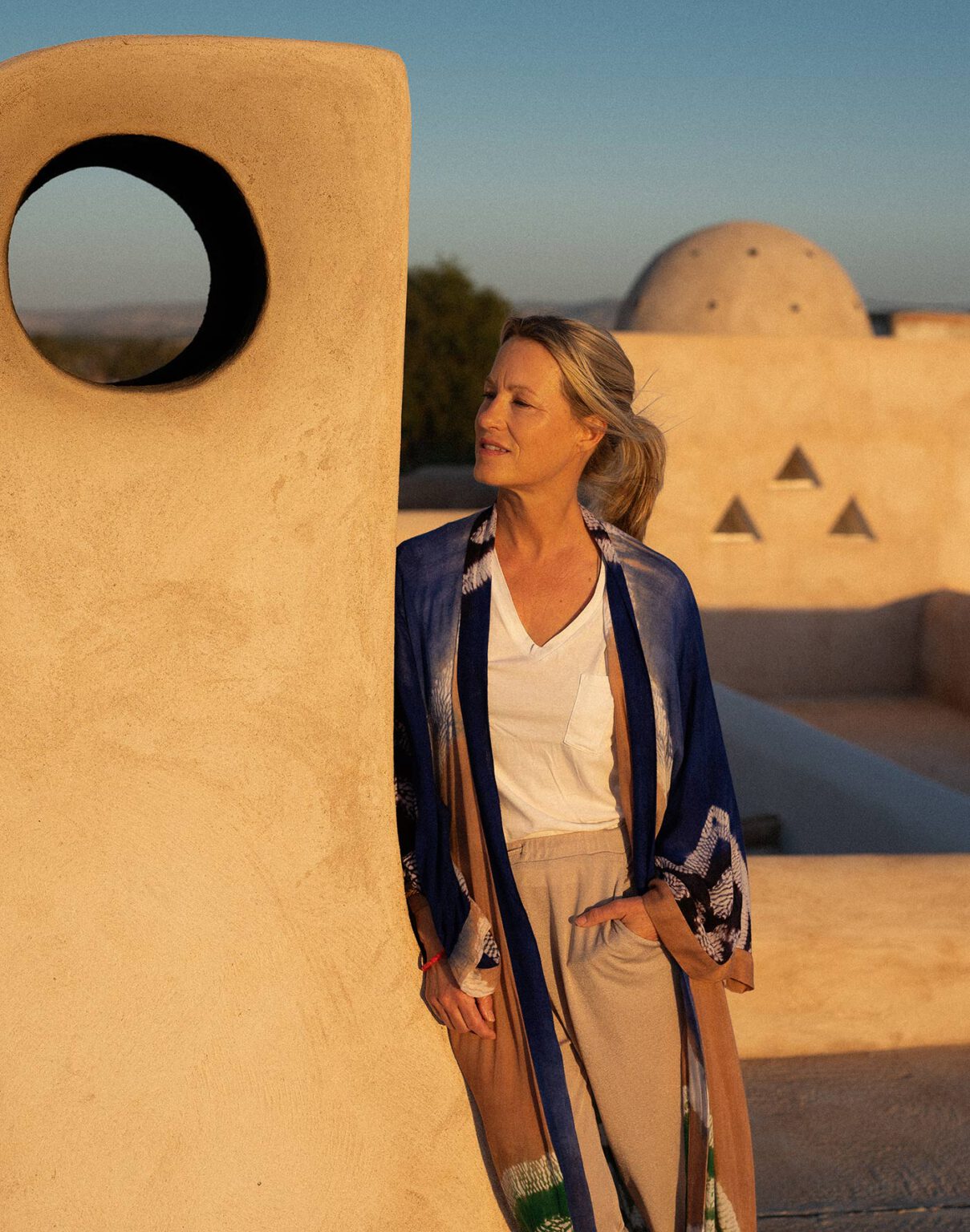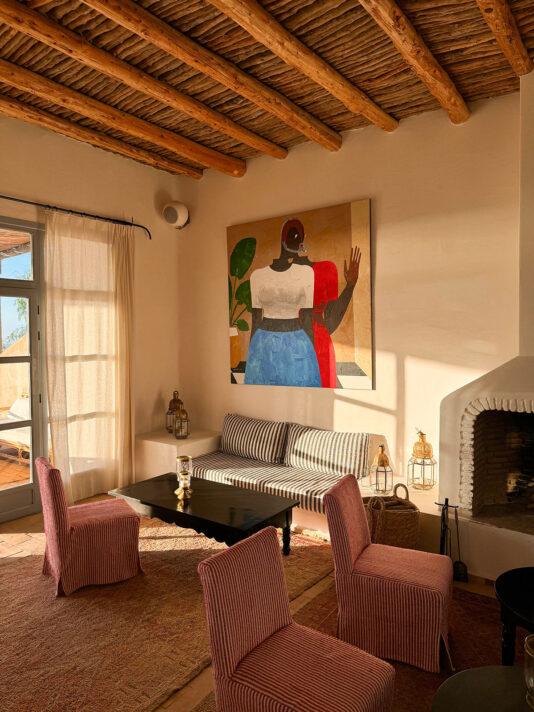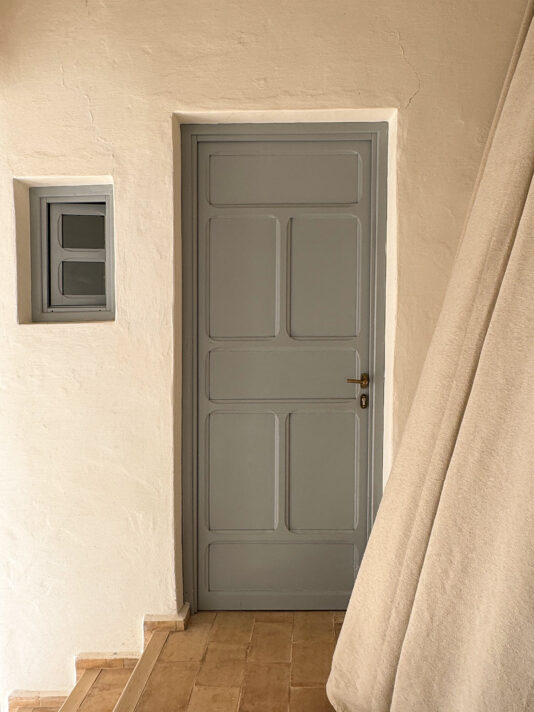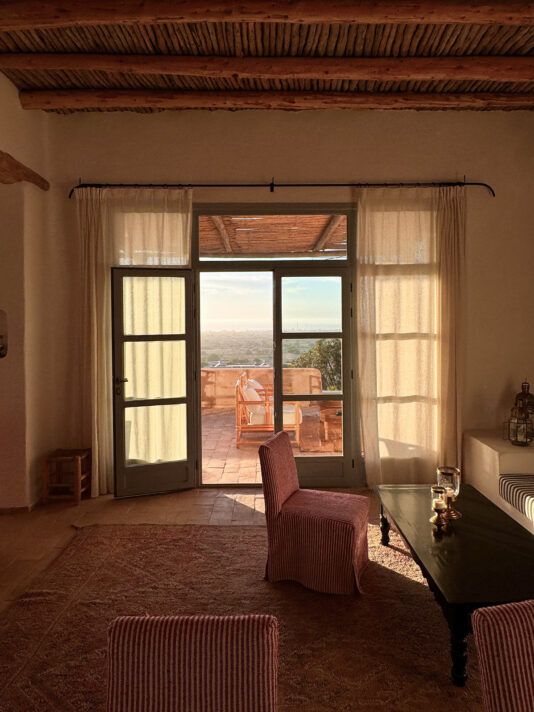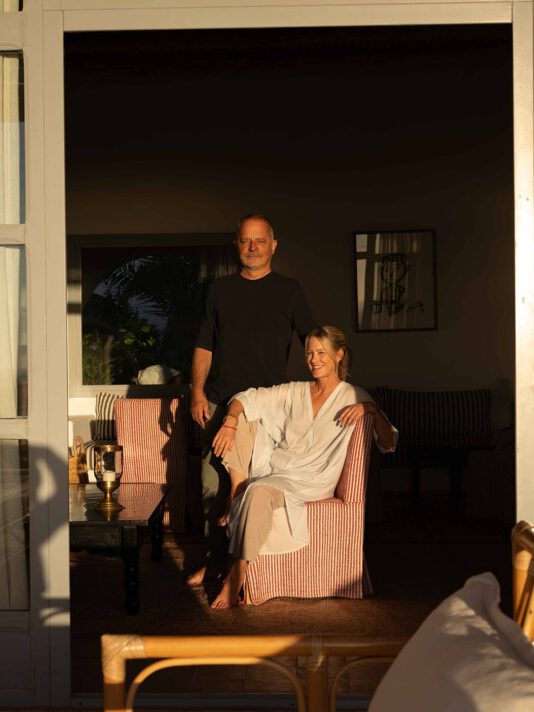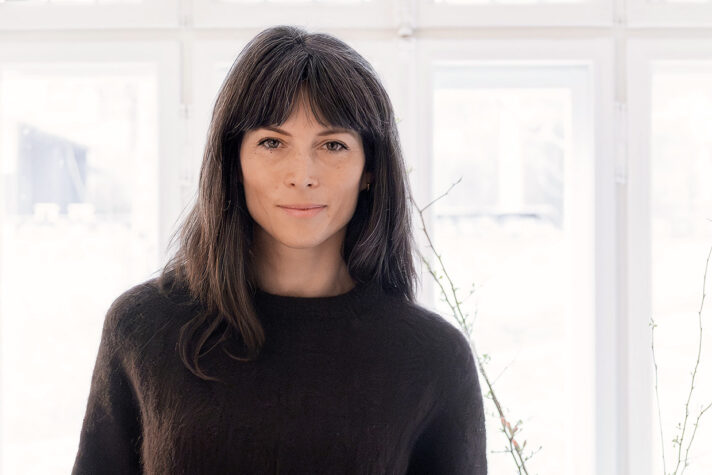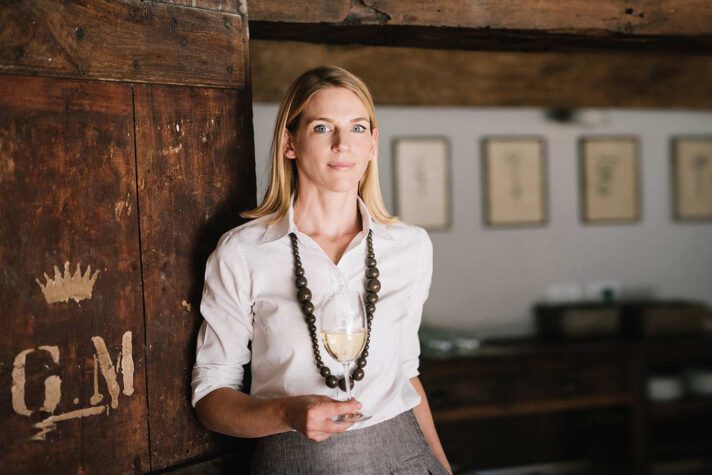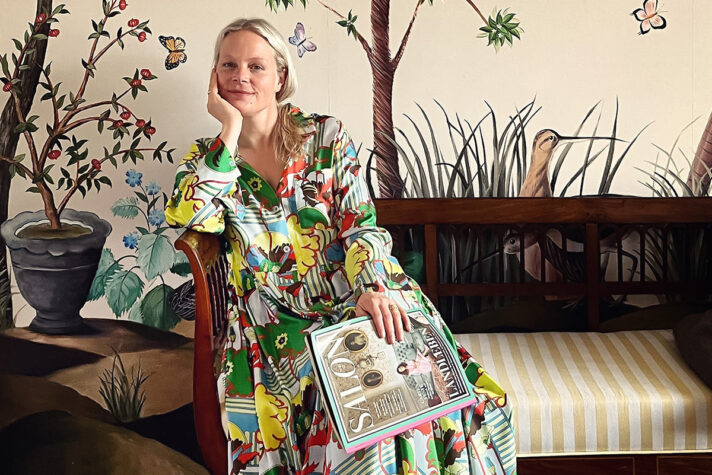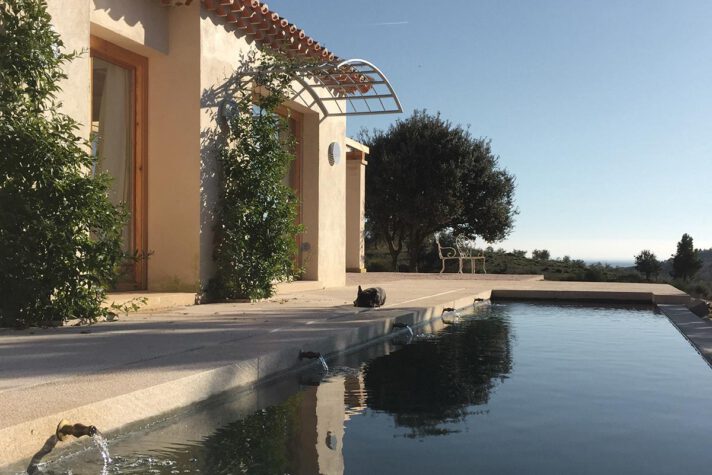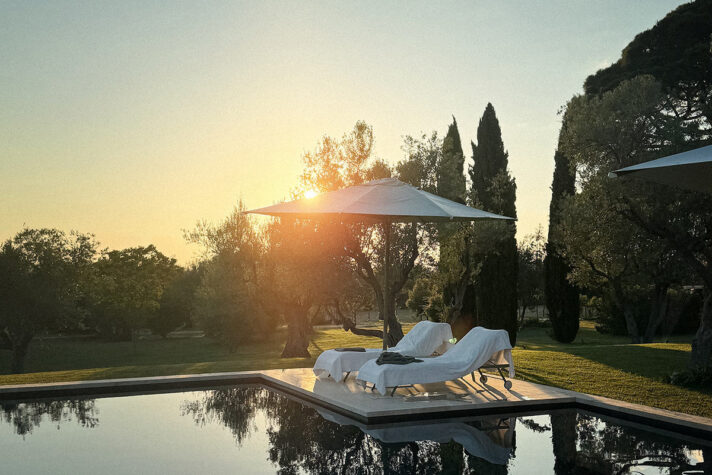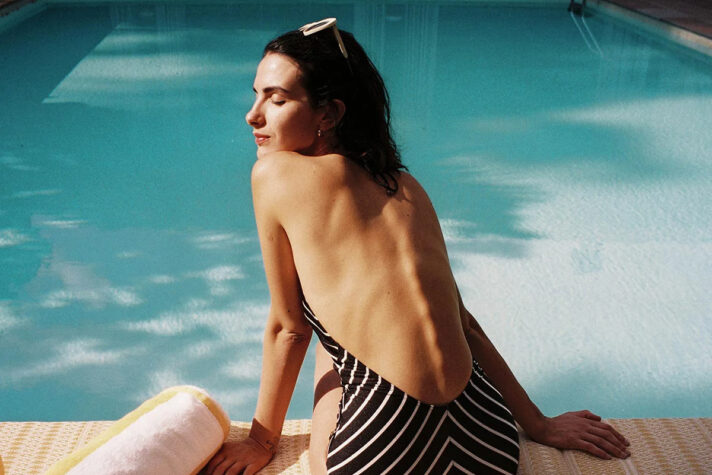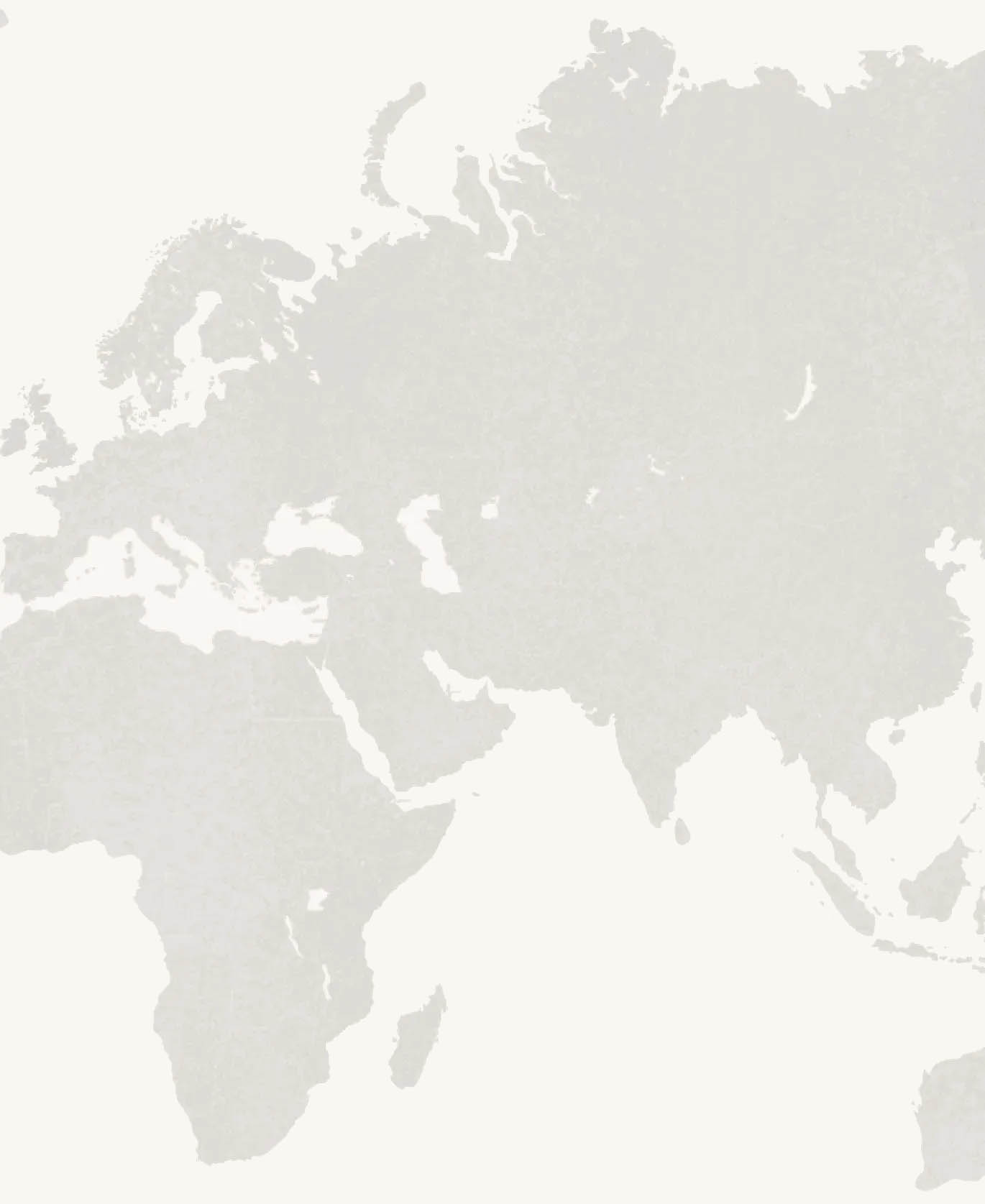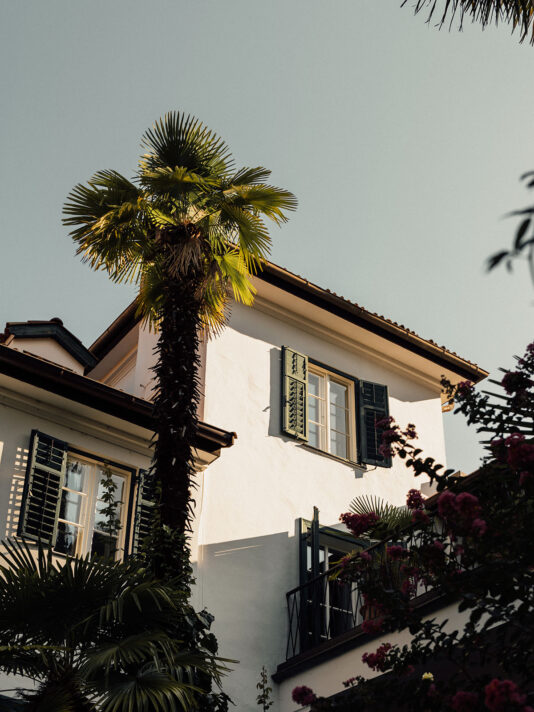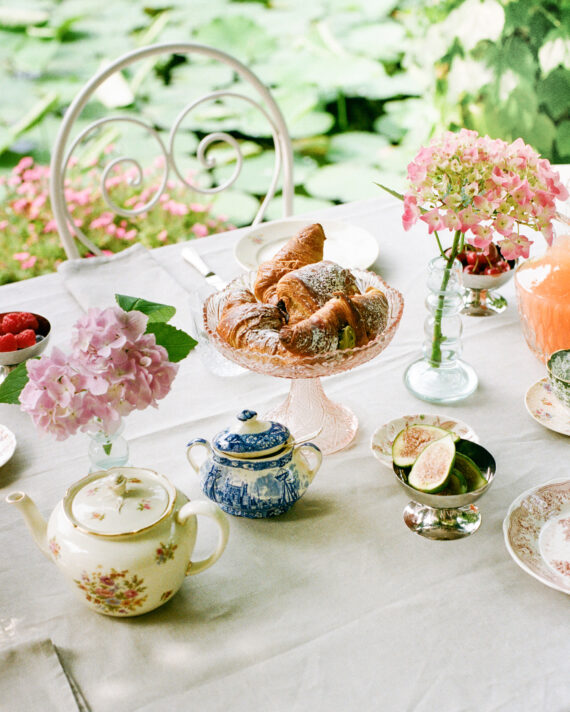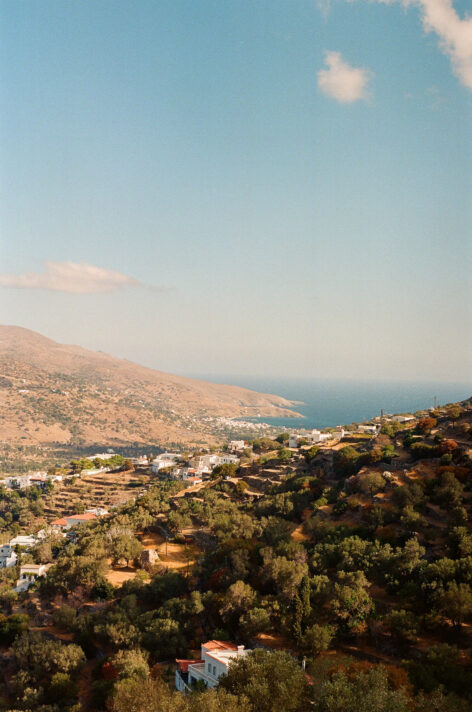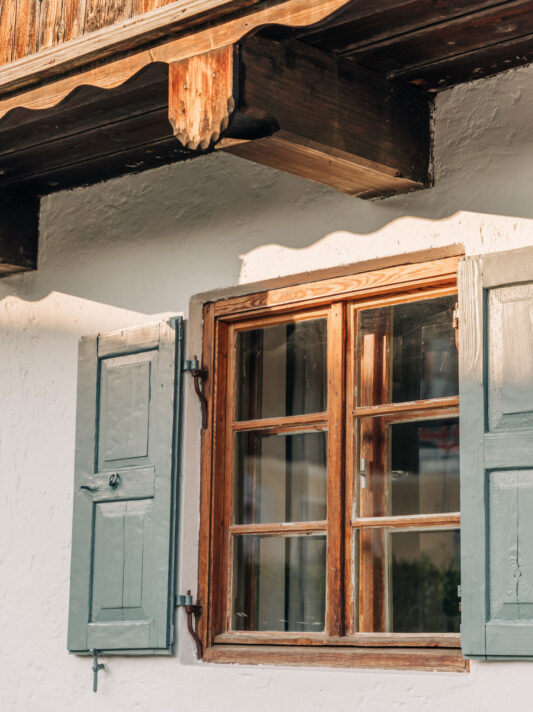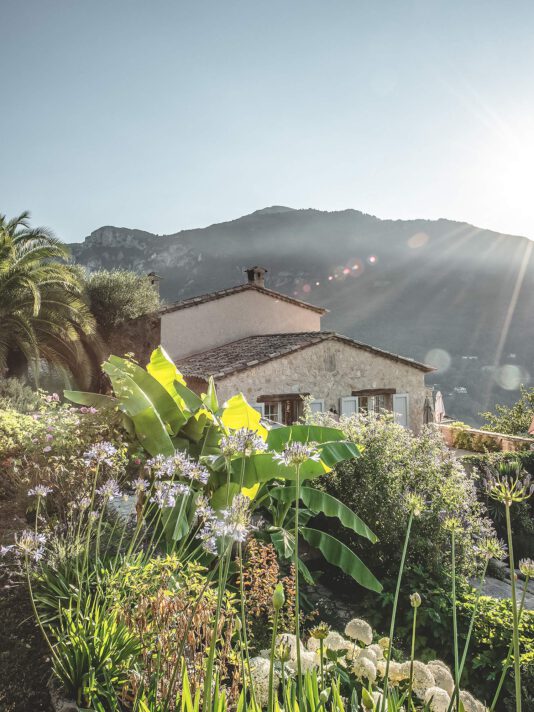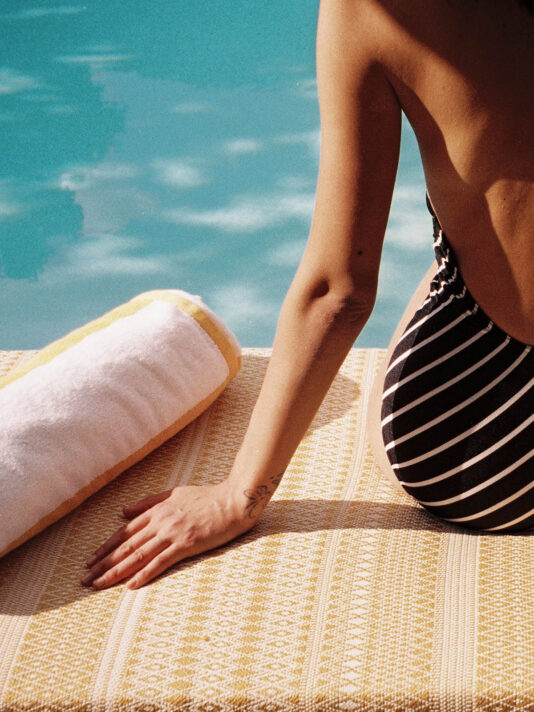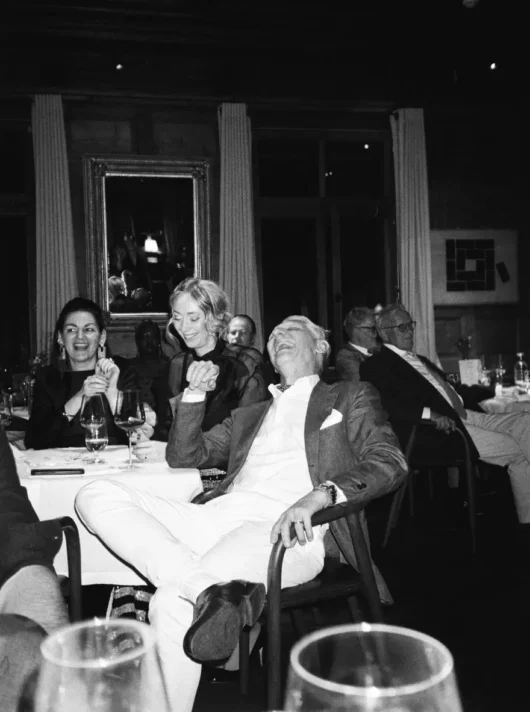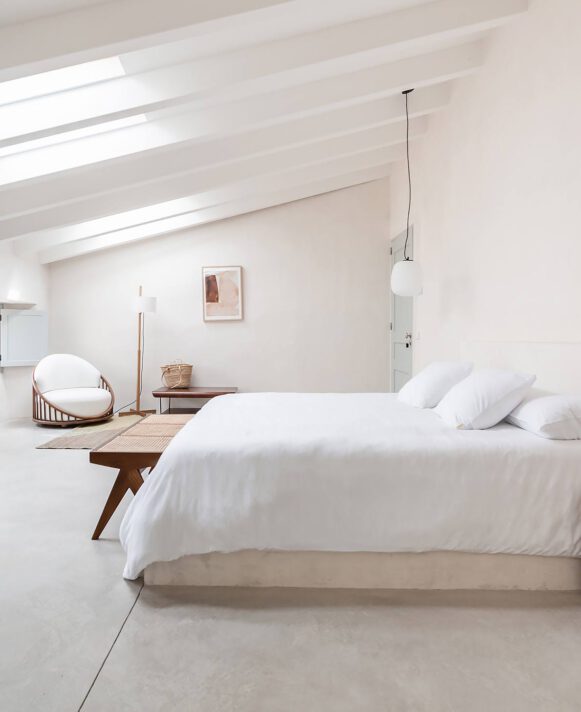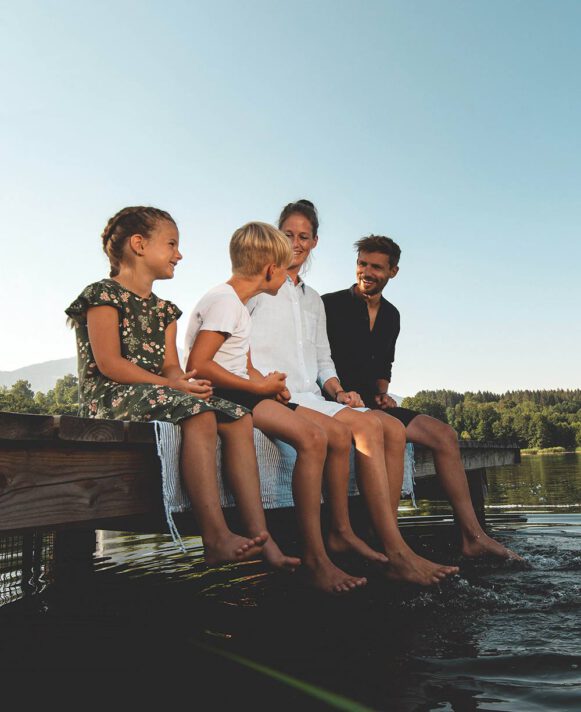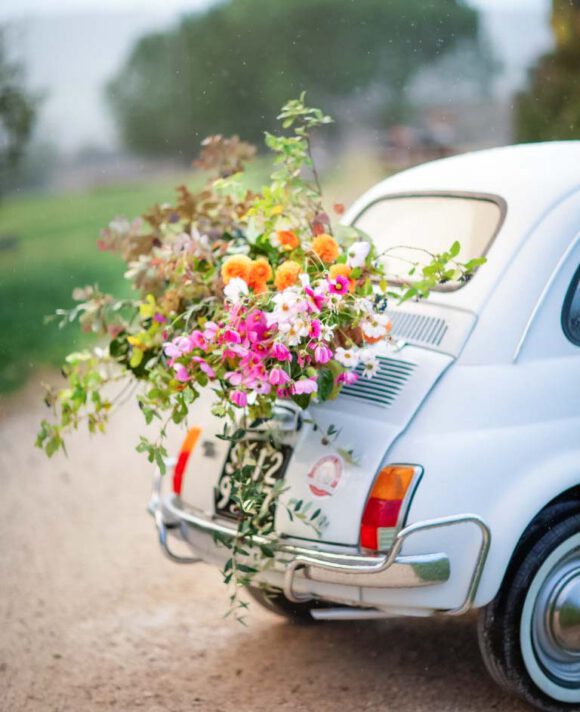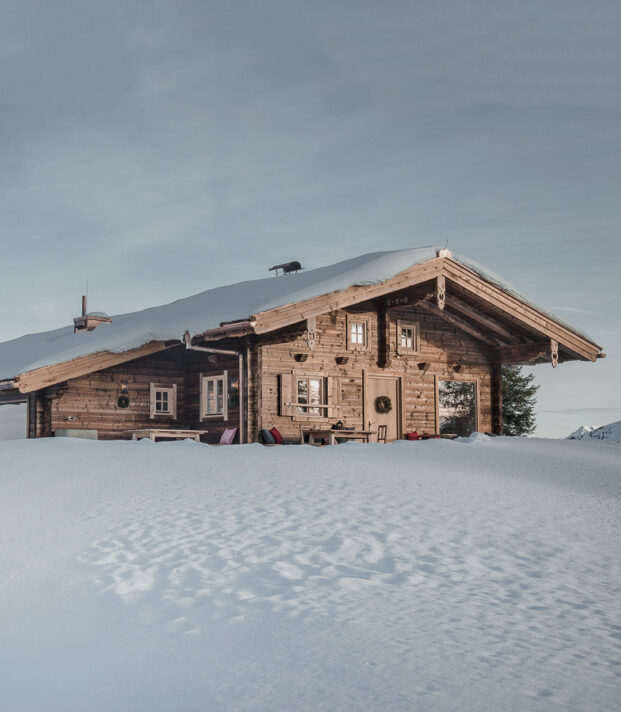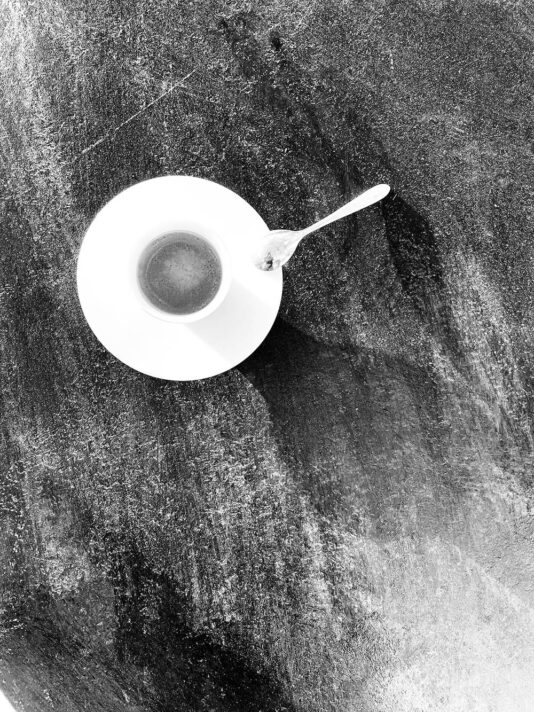Filippa, we’d truly like to know how you came up with the idea of founding your own fashion label Filippa K in 1993?
One could say that I was born into the fashion business. My parents opened a boutique 1967 in Stockholm, directly influenced by the British fashion and music scene at the time. A few years later, after their divorce, my father went on to create a very successful jeans brand in Sweden while my mother moved to‘’Swinging London’’ with me and my brother, where she started a childrenswear label. So I was immersed in the fashion scene at a very young age but also grew up with family entrepreneurship, so it felt quite natural for me to start my own brand together with my husband at that time Patrik Kihlborg. It was the introduction of the Apple home computer and living in a white clean space, free of the excesses of the 1980’s. I was inspired by the idea of a capsule wardrobe – having just what you need, a well curated collection that you could mix and match. I believed in making a difference, in changing the worldsomehow – that ‘how’ we worked, the company ethos, was just as important as ‘what’ we made. It was built on honesty, truth and really caring.
You have since retired from the company and opened Villa Laba, a hotel in Morocco, in spring 2023. How closely related are fashion and hospitality?
I would say fashion and hospitality are very closely linked as they’re both about style, philosophy and service – in many ways a hotel is also like a brand where consistency and quality are essential to its success. The obvious difference is that a hotel is about a complete experience where fashion is about a product. A hotel is more complex and demanding in that it requires constant daily attention – it’s about the present moment. Despite the hard work, it’s a dream for creators like us, to be able to create our own little universe.
Why did you create it in Essaouira?
Before I met my partner Thomas Fourtané, a French architect, I had been to Marrakech and completely fell in love with the Moroccan culture and style. I basically crammed so many objects from leather poufs, ceramics and textiles into my bags going home! Thomas knew Morocco well and took me to Essaouira the first time. Since then we started going there regularly. The coast and the laid back vibe always left us feeling recharged and happy. So with Thomas as architect and my design backgroundwe had already renovated several homes together both in Paris and Corsica and we worked well together, but also complemented each other.
The fashion from Filippa K is characterised by a purist design. Did you also approach the interior design of Villa Laba with this aspiration?
It is inevitable that whatever project I involve myself in will have a recognizable ‘red thread’.Thomas and I share a love of the same things, modernist architecture and art, unpretentious simplicity, with function and practicality at its core, yet also with a soulful and sensual edge. His mother was Swedish and he has a sense of Scandi minimalism in his work too. We wanted the place to breathe a rustic elegance and express what we loved about the Berber culture, let the beauty of simplicity shine through and yet still be comfortable and stylish. Morocco has such a rich history of design going back many centuries. I think that the calm and harmony that guests feel is directly connected to the careful balance of minimalist design and local crafts and most importantly Villa Laba doesn’t follow any trend that will feel tired after ten years, it is genuinely timeless.
Thomas being an architect – what is special about the architecture?
The construction of Villa Laba was entirely by hand, masons and craftsmen from the region, often living on site and using their traditional techniques and materials. Thomas wanted to learn from them but also add a contemporary twist with generous proportions, a minimalist expression and an opening up towards the ocean view, while at the same time respecting the Berber style. The fact that the hotel looks like it’s always been there and is hard to distinguish from the rest of the village at a distance, is exactly the result we wanted
One of the key pillars of Filippa K is sustainability. You were one of the first brands to integrate a second-hand corner into a Filippa K store. To what extent does sustainability play a role at Villa Laba?
For me sustainability is about responsibility, transparency and respect. Similar to Filippa K, I didn’t set out to necessarily create an ‘eco-hotel’ with Thomas, the sustainable aspects developed naturally with the whole philosophy of the project. Candles instead of electric lamps was first and foremost a way to offer a different experience – it’s a magical way of grounding oneself in the present moment and helps one let go and relax. We followed our instincts and acted according to what felt right and true, in regards to the local community and the environment. Thomas was also very proactive in his plans to recuperate and re-use as much water as possible, an essential element as Morocco is currently experiencing droughts due to climate change – we now have a system of phyto-purification (using special plants in basins) that filters and cleans waste water for irrigating the garden. The little rainwater there is flows off the flat roofs and follows a web of canals down the property into underground tanks, also used for watering plants. Solar panels cover the roofs and create electricity for hot water. In many ways we’ve created a hi-tech/low-tech environment where modern technology meets ancient traditions. But Sustainability is so much more than technical solutions, it’s also about social connection and interaction. Rather than create a fancy hotel disconnected from its surroundings, we chose to place Villa Laba at the heart of the village and combine rustic simplicity with an unexpected refinement, representing a different sort of luxury. By thus embracing the local community we’re able to not only offer guests a glimpse of rural Berber life, we’ve also employed several people from the village.
How important is authenticity to you when traveling – or do you want to be transported to a completely different world?
I love all sorts of styles and experiences. I think the word authentic for me, with regards to a hotel, means that the owner has a vision and genuinely puts their heart into it. So many places don’t have that, I think it’s an exception to be honest. Pretty Hôtels is a good example of a travel platform that seeks out those very places. Authentic also means that there is a consistent style and there is some sort of connection to the place where the hotel is situated… I love staying in places that have a genuine sense of balance and beauty even in the finer details but just as important is the attitude and the service otherwise the authenticity evaporates – at the end of the day it’s about being true and real.
You are living in Corsica now. Why didn’t you open the hotel in Corsica?
In fact we didn’t actually set out with the intention of opening a hotel at all. We loved Morocco and the Essaouira region, we used to come for a week here and there, stay in small hotels, relax in the sunshine, eat delicious food, stroll around, sleep, read..and then go home and genuinely feel so much better than when we left. I knew there was something special about this area, the coast, something in the energy. Anyway eventually, being the impulsive couple that we are, always excited about building, creating and transforming places… it led us to start looking at pieces of land for sale, out of curiosity more than anything else. It started as a sort of dream fantasy and then when a Moroccan architect friend introduced us to the area of Sidi Kaouki we felt an instinctive pull, like ‘’this is the place’’. Corsica, on the other hand, is our home, Thomas is based here as an architect since many years, his parents had a summer house in South Corsica since his childhood. It’s an exceptionally beautiful island but starting up and running a hotel project here would demand a totally different focus and different skills, I feel that the dreamlike quality of Villa Laba would be hard to create in Europe.
What does a perfect day in Essaouira look like?
Start by walking up to the ramparts where there is a walkway with a spectacular view of the ocean, and Mogador island opposite. Then stroll around the medina and the labyrinthian streets, don’t worry about getting lost, it’s not too big and it’s safe. There are lots of stands and small shops selling crafts. Ceramics, textiles, leather goods, baskets, rugs…the atmosphere is much calmer than Marrakech, the vendors don’t hassle you. Stop for a break in one of the cafés and have a mint tea or freshly squeezed juice and just watch the people walk by.
What are your favourite restaurants in Morocco and Corsica?
Cabanon Bleu in Porto Vecchio is a restaurant on our local beach St Cyprien, with the white sand and turquoise water it’s hard to believe you’re not in the Caribbean. The restaurant has a cool but relaxed vibe. In Ghazoua, outside of Essaouira, a young French couple have opened a cute little restaurant in the middle of a dusty chaotic crossing. Soleil is so surprising when you enter and improbable that it can’t help but make you smile. Fresh yellow/white striped cushions, chunky wooden tables and whitewashed walls. Typical example of a new generation of French moving to this area of Morocco with an entrepreneurial spirit.
Apart from your own, what are your three favourite hotels and why?
Adrere Amellal Siwa Oasis in Egypt is my all time favourite hotel. Stayed here almost ten years ago with Thomas and it’s been a constant inspiration during our Villa Laba project. It’s truly beautiful and exotic, at the edge of the Sahara Desert by a big salty lake and palm grove. Completely built of packed earth, with only candles at night. Everything feels as though time has stood still. I spent quite a lot of time in Thailand before I met Thomas and Rachamankha Hotel in Chiang Mai is a truly gorgeous place to stay. Full of character and attention to detail, created by an architect and built in the historic local style, it has a timeless quality, feels like a private home and looks like it’s always been there… As Nice is the port of connection for me, coming from Corsica and flying north to Stockholm to see my kids, I’ve found it frustrating that there haven’t been any hotels with charm and style. Hotel Amour opened a couple of years ago and that’s been great fun – but now Hotel du Couvent has caught my heart. The interiors are gorgeous, both hip and elegant, with a sense of ease and comfort.
©Pretty Hôtels
Villa Laba is located in Sidi Kaouki, just a ten minute drive from Essaouira and 15 minutes from Essaouira airport. Here’s more info about the hotel.
Booking & Contacts
Villa Laba
Douar Ichaouine
44125 Commune de Sidi Kaouki
Marokko

